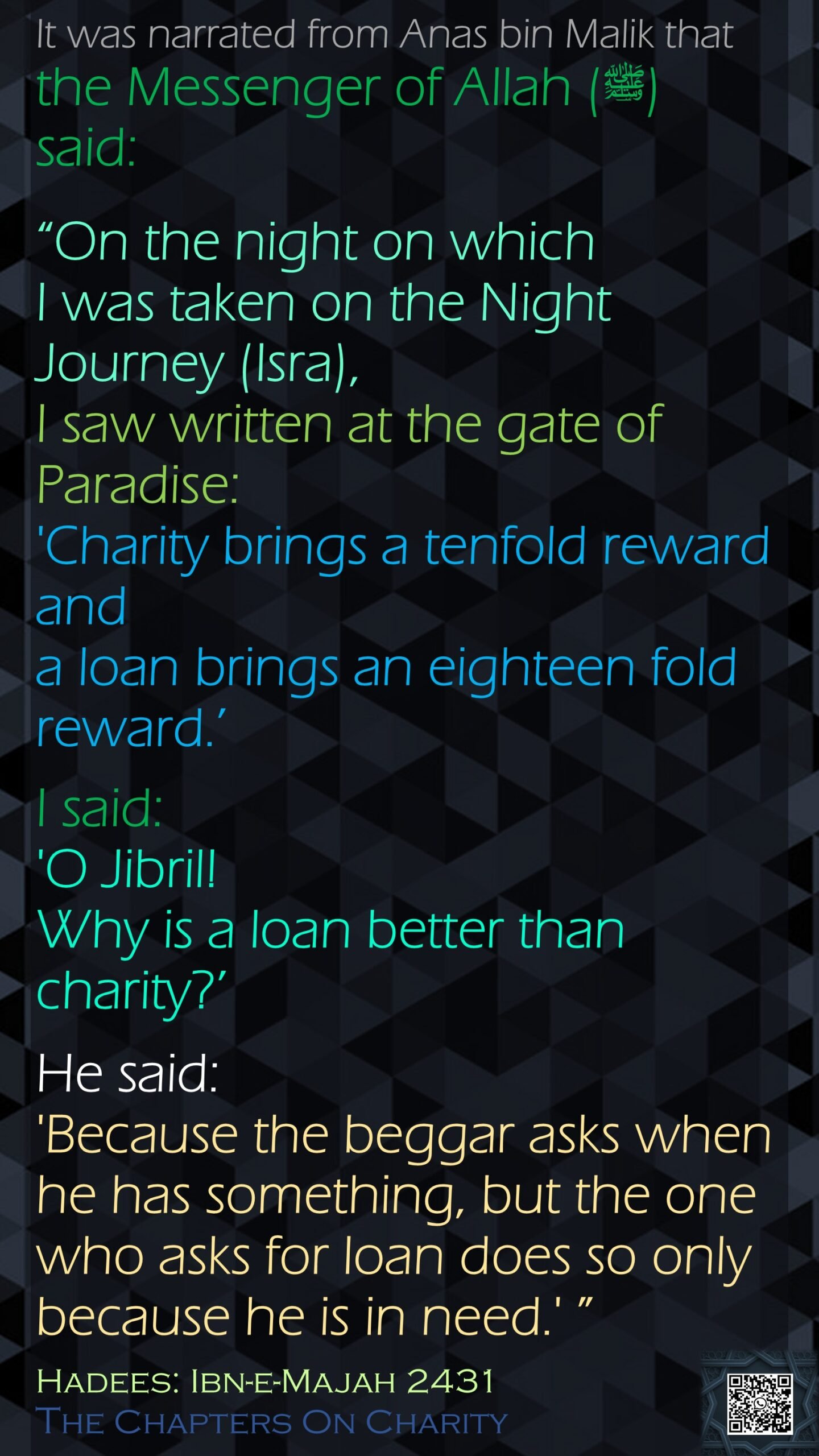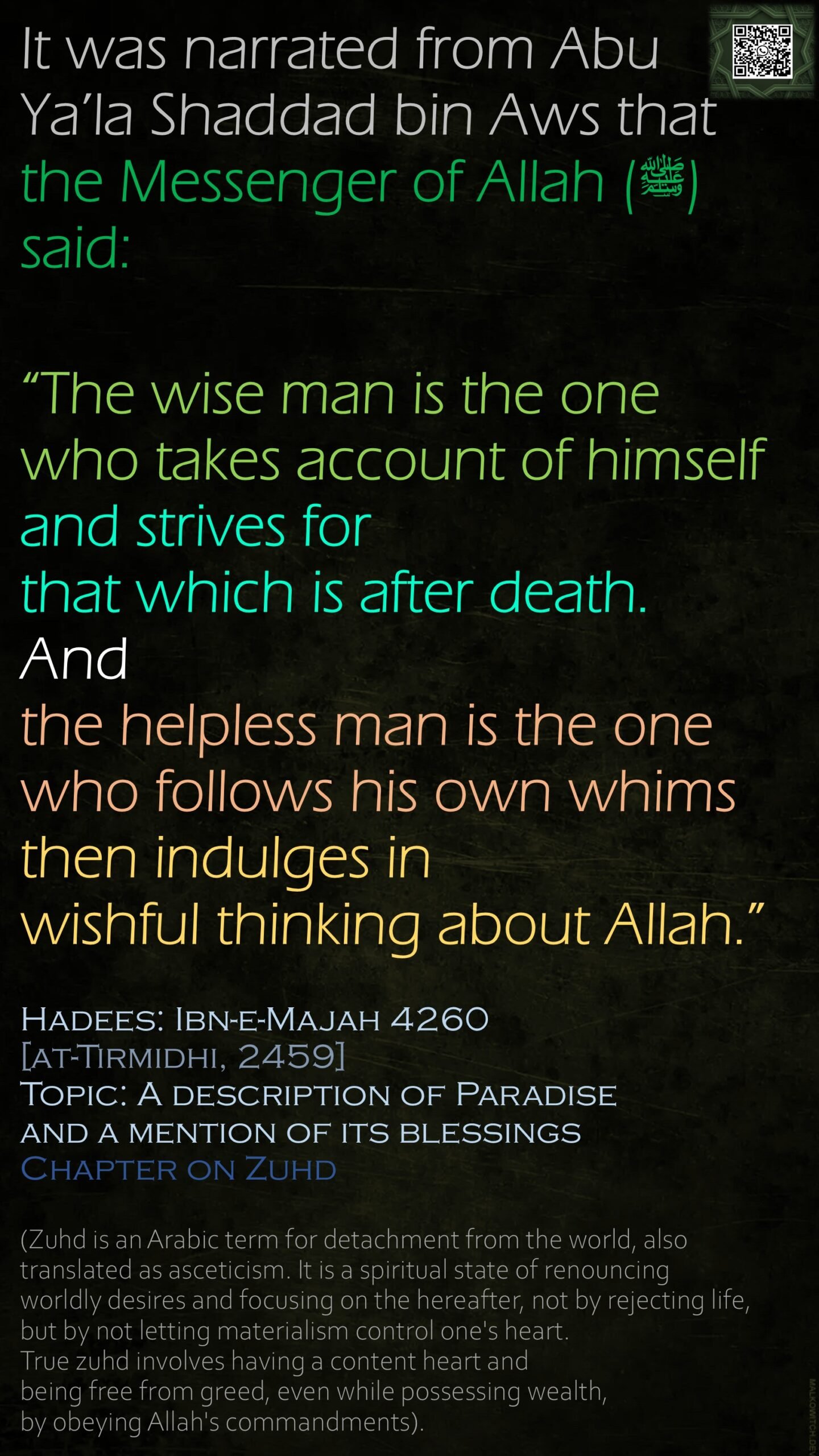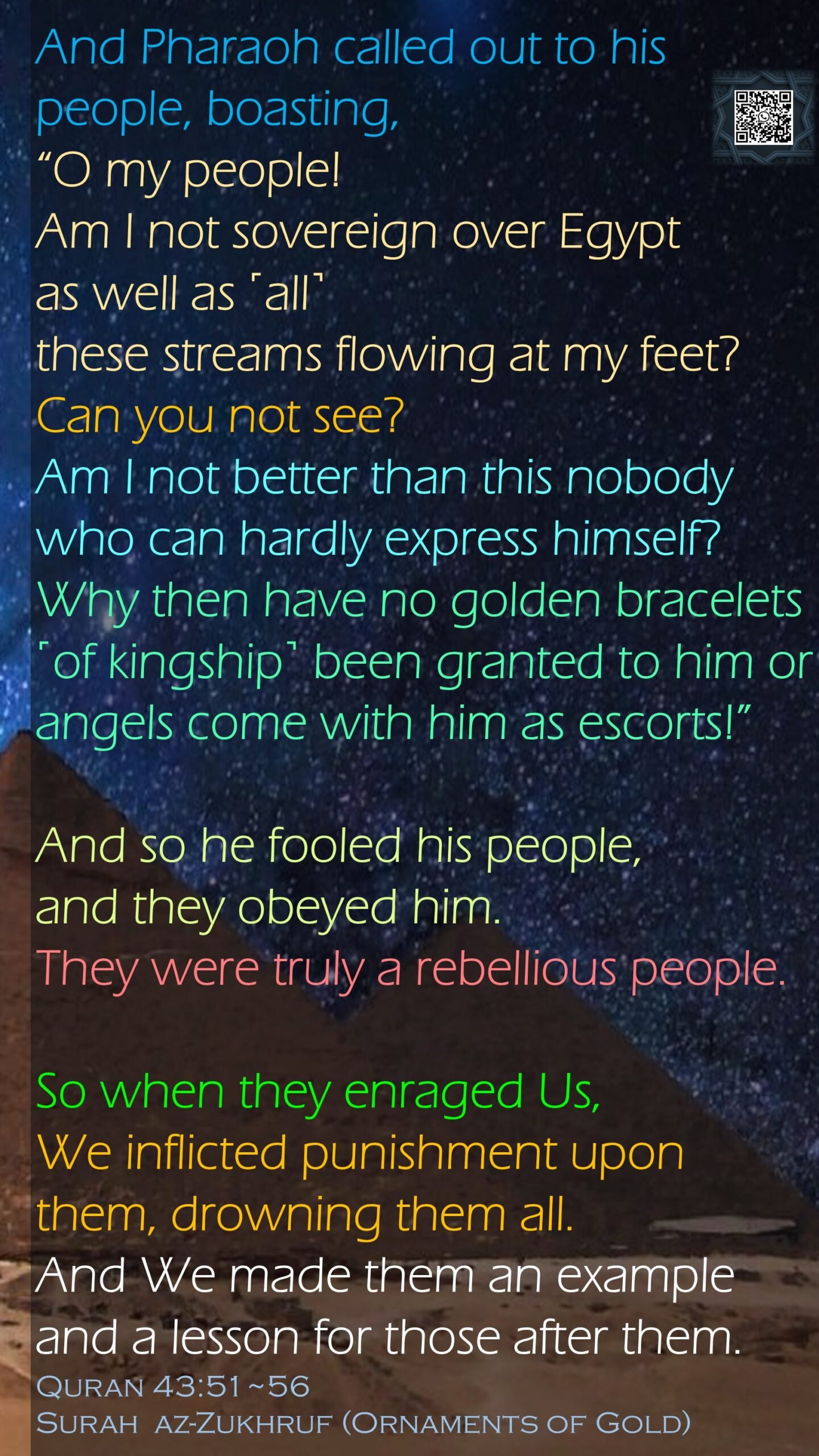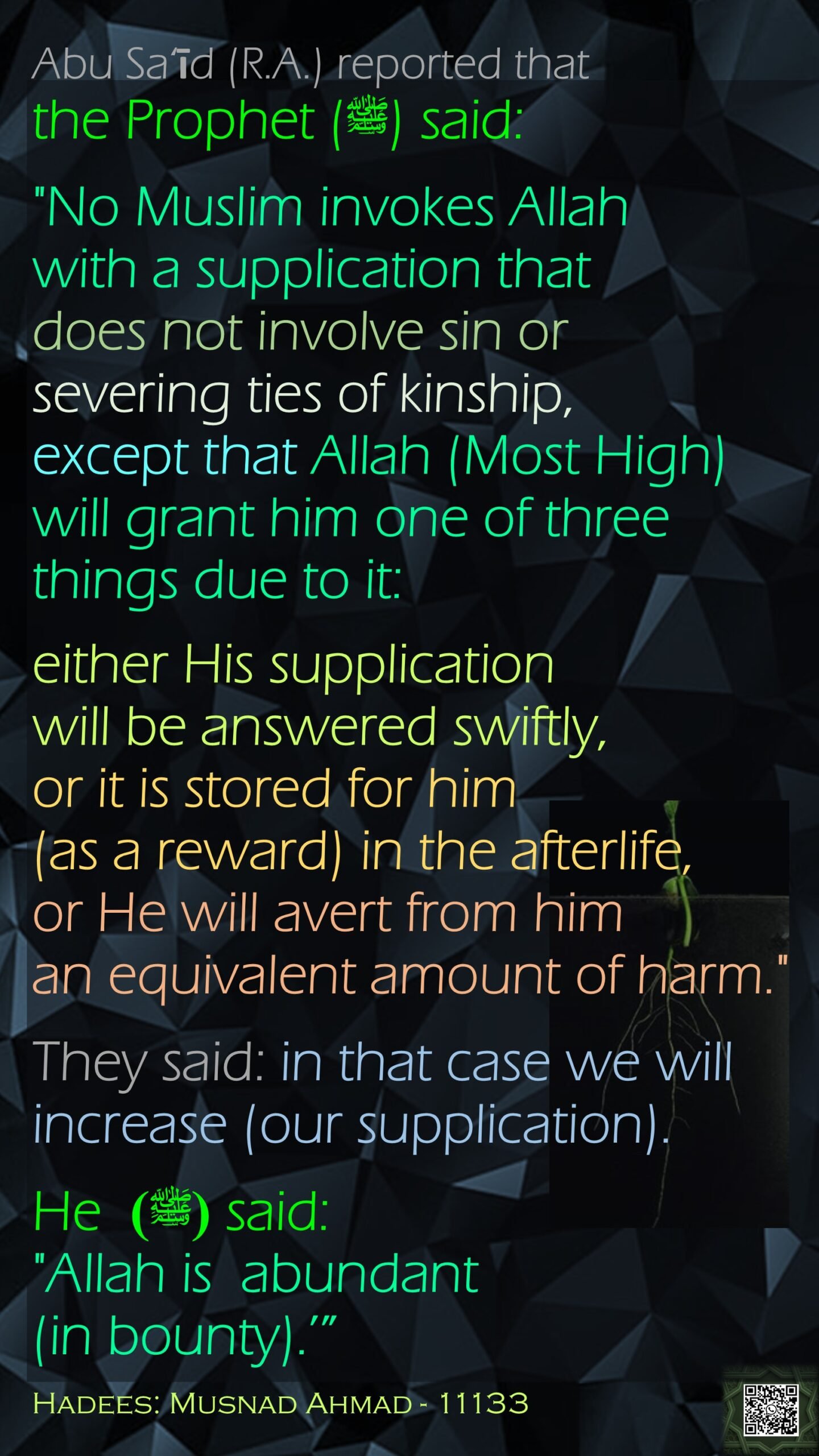Skip to Content
Tag Archives: better
- Home -
- Posts tagged "better"
28
Dec, 2025
Hadees, Islam
0ne hundred, 100, 26911, accept, Ahmad, Alhamdolillah, Allah, Allah Hu Akbar, azkaar, azkar, battle, best, better, camel, daily, easy, free, hadees, hadith, horses, inspirations, islam, islamic, kausar, La ilaha illa hu, musnad, profit, reward, Sacrifice, slave, SubhanAllah
20
Dec, 2025
Hadees, Islam
2431, Allah, beggar, better, charity, daily, eighteen fold, gate, hadees, hadith, Ibn-e-Majah, inspirations, islam, islamic, Jibril, loan, Muhammad, need, needy, paradise, reward, tenfold
29
Nov, 2025
Hadees, Islam
2459, 4260, accountable, Allah, better, Blssing, Death, dezth, follow, Ibn-e-Majah, ignorant, inspirations, islam, islamic, Life, man, Muhammad, pleasures, remember, strive, take account, thinking, tirmidhi, Tirmizi, wise, wishful, Zuhd
26
Oct, 2025
Islam, Quran
043, 053, 055, 056, Allah, ayat, better, daily, drown, Egypt, escort, example, firaun, fool, gold, inspirations, islam, islamic, Muhammad, quran, rebel.punish, river, Surah
24
Jun, 2025
Hadees, Islam
11133, abundant, afterlife, ahmed, Allah, better, Bounty, daily, equivalent, grant, hadees, harm, increase, inspirations, islamic, kinship, Mercy, more, Muhammad, musnad, often, remove, reward, sin, store, supplicate, supplication, swift, three, ti
21
May, 2025
Islam, Quran
040, 041, Allah, arabic, ayat, better, daily, deed, distort, english, explained, expounded, flung, french, Fussilatrevelation, hell, hellfire, inspirations, islam, islamic, Judgement Day, knowledge, known, Muhammad, original, paradise, quran, safe, secure, Surah, twist, unknown, urdu, verse, watch
7
May, 2025
Hadees, Islam
2793, afternoon, Allah, better, bukhari, cause, daily, day, endeveavor, fight, forenoon, inspirations, islam, islamic, jihaad, jihad, Muhammad, night, rise, sets, sun, World
16
Mar, 2025
Islam, Quran
020, 073, Allah, alms-tax, ayat, believer, better, Bounty, cause, charitable, daily, difficult, ease, easy, endure, enshroud, Ever-Forgiving, EverMerciful, fight, forgive, forgivess, good, inspirations, islam, islamic, loan, magnificient, Mercy, Muhammad, Muzammil, night, prayer, precise measure, prividence, quran, recite, reward, rise, seek, send forward, sick, Surah, Tahajjud, travel, two third, Zakat
9
Jan, 2025
Hadees, Islam
5671, alive, Allah, beneficial, better, daily, Death, inspirations, islam, islamic, Life, Muhammad, not, supplicate, ukhari, wish
5
Dec, 2024
Hadees, Islam
1649, Allah, bestow, bestower, better, daily, demand, Giver, Hadees< Abi Dawud, Hand, inspirations, islam, islamic, not, Soul, submit, surplus, taker, three, type










